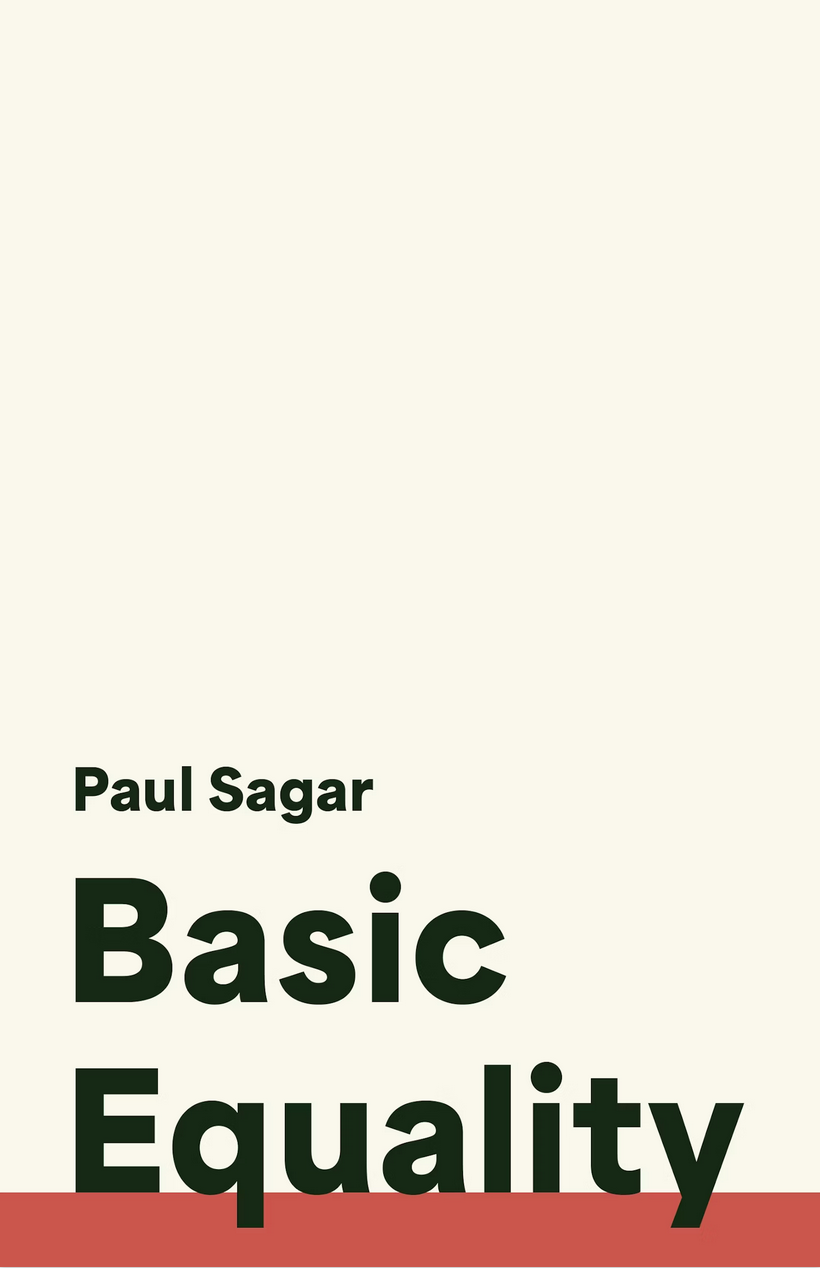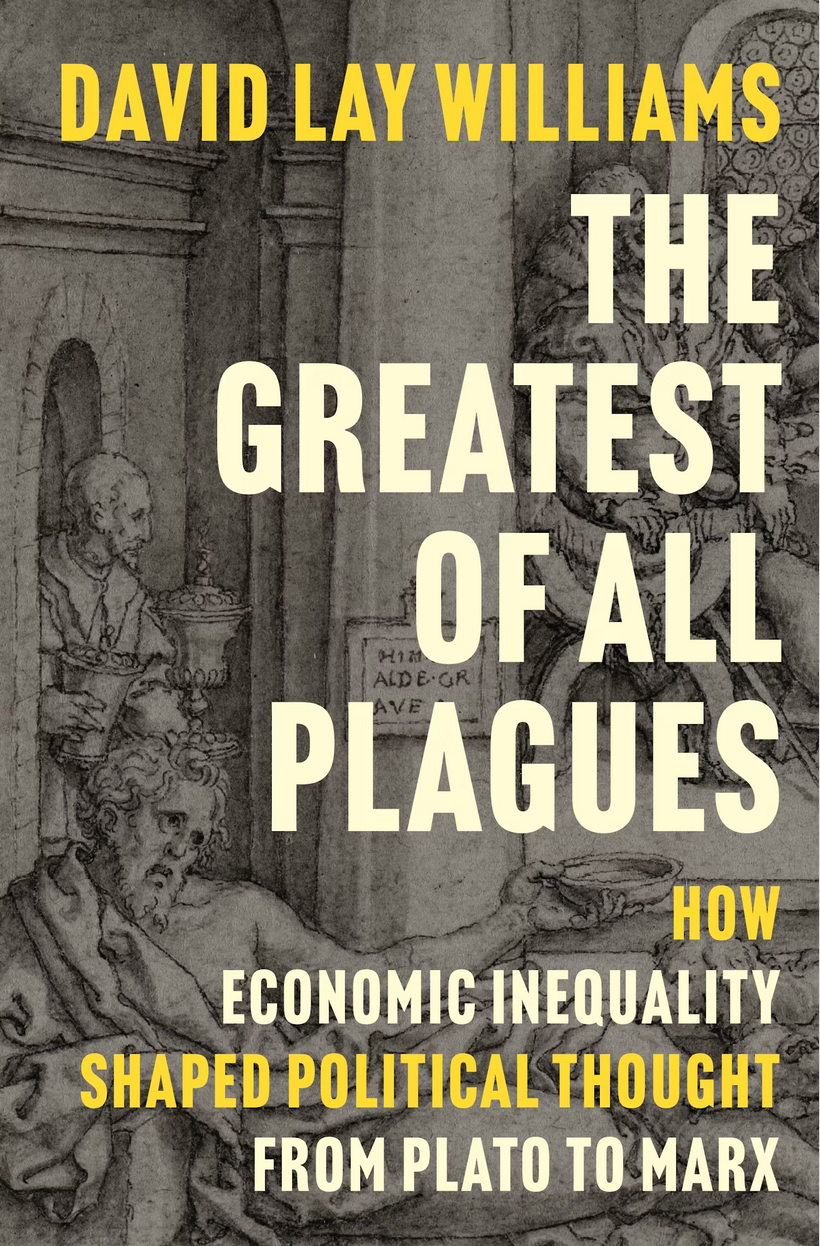Williams says his goal in the book is to draw attention to something that has long been missed: that the West’s canonical political thinkers, not just its lowly workers, have been persistent critics of accumulated wealth. While he starts with Plato and the New Testament, it is his discussion of Rousseau, Marx, and John Stuart Mill that helps Williams register the continuities and changes in reasoning about economic inequality. Plato may have been committed to notions of natural difference, but he was also anxious, Williams observes, about the consequences of too much money concentrated in too few hands and the threats posed by too much poverty to political stability. Rousseau vividly stressed the political costs of economic inequality—especially wealth passed from generation to generation, which established a permanent form of privilege. Even to Plato, it was obvious that envy, if allowed to become supercharged, would fuel a dangerous unrest. But for Rousseau, the dangers went further: The economic inequality of the 18th century’s new era of commerce and opulence also threatened other forms of equality.
Like McMahon, Williams discusses Marx at length in his study. It might still surprise some that Marx made so little of equality—certainly when compared with Rousseau, let alone Gracchus Babeuf, who is often credited as the first communist and called for a “conspiracy of equals” to rescue the French Revolution’s ideals. As McMahon observes, the word “equality” appears just once in The Communist Manifesto, and in a derogatory way. Whereas Rousseau focused constantly on economic inequality as an enormous problem of modern commercial societies, Marx did not. Rather, his concern was unfreedom, especially the alienation of our powers to others in an extractive labor process over which workers have no control.
Williams concedes that freedom is Marx’s preeminent goal, but he also suggests that “Marx’s concern with the problem of extreme economic inequality is a powerful animating principle underlying his critical and constructive political philosophy.” Fair enough: As the contemporary analyst of global inequality Branko Milanović discusses in his own recent survey of modern economists, Visions of Inequality, the North Atlantic of Marx’s era saw a greater and greater disparity in wealth—with the top 1 percent owning 60 percent of wealth in the United Kingdom, for example—and it is natural that economic inequality would serve as a backdrop for his thinking. But this makes it only more important that Marx considered inequality a problem not in itself but because it signaled and symbolized unfreedom: An unequal society is likely to be an unfree one too. But ultimately, for Marx, exploitation—not inequality—is the worst thing that humans can do to one another.



